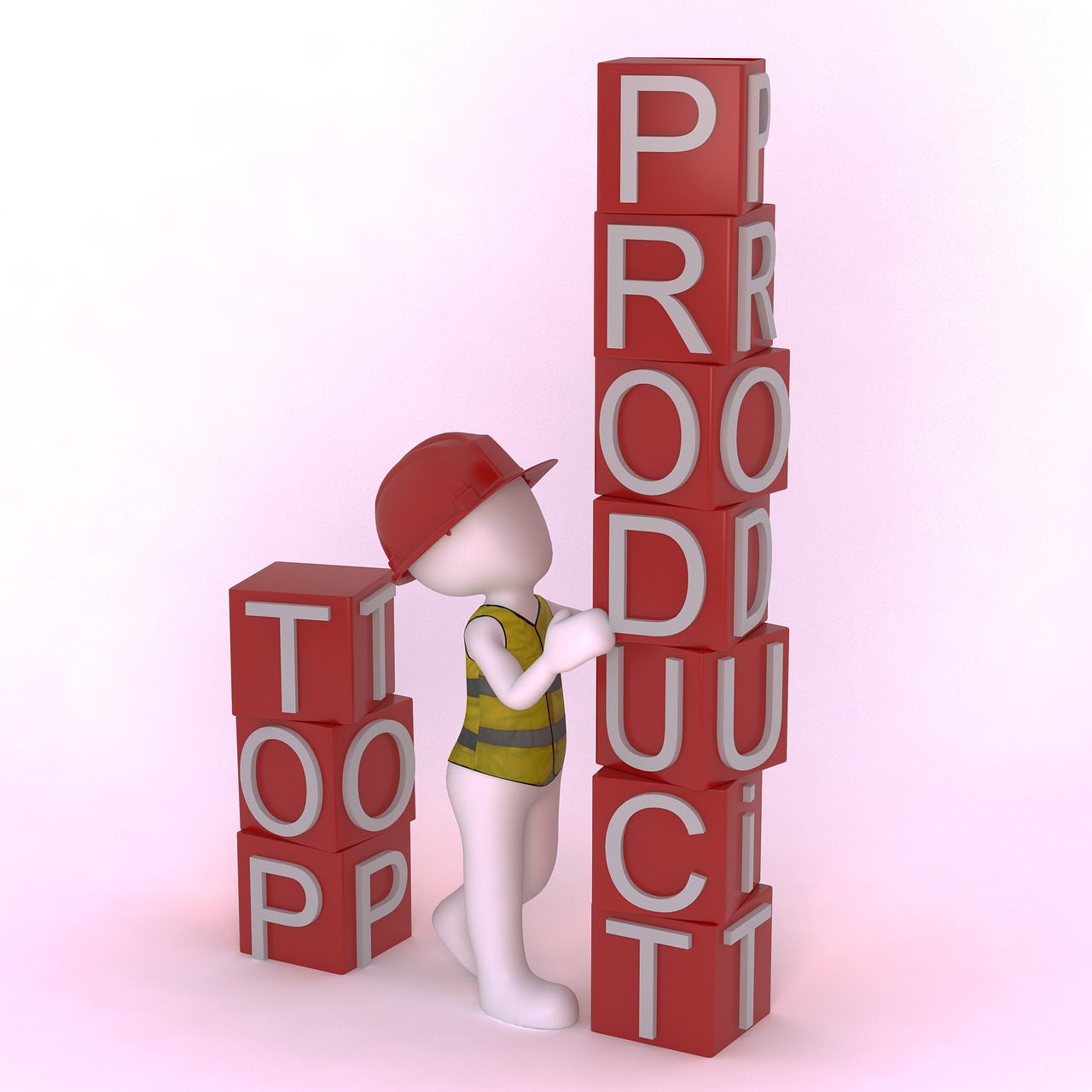Product management is a field shrouded in mystery and misconceptions. Often glamorized or misunderstood, the role of a product manager (PM) is crucial yet complex. To shed light on what it truly entails, let’s bust ten common myths and reveal the realities of being a product manager.
Myth 1: Product Managers Are Mini-CEOs
Reality: While it’s tempting to draw parallels between product managers and CEOs due to their leadership roles, the comparison is often overstated. Unlike CEOs, PMs do not have ultimate authority over all aspects of their product. They must collaborate with various stakeholders—engineers, designers, marketing teams, and sales—without direct control over them. PMs influence and lead by building consensus and driving a shared vision, rather than through top-down mandates.
Myth 2: Product Managers Have All the Answers
Reality: The image of the all-knowing PM is a myth. Effective product managers excel not because they have all the answers but because they know how to ask the right questions. They rely on data, user feedback, and collaborative input to make informed decisions. A good PM is comfortable admitting when they don’t know something and actively seeks out information and expertise to fill the gaps.
Myth 3: Product Managers Just Write Specs
Reality: Writing specifications is only a small part of a PM’s responsibilities. Their role encompasses a wide range of tasks, including market research, user testing, roadmap planning, and cross-functional team coordination. PMs must ensure that the product aligns with business goals, meets user needs, and stays ahead of the competition. This requires strategic thinking, constant communication, and adaptability.
Myth 4: Product Management Is All About Innovation
Reality: While innovation is an exciting aspect of product management, it’s not the only focus. PMs also spend significant time on incremental improvements, bug fixes, and ensuring product stability. Balancing innovation with reliability and performance is crucial. Many successful products evolve through continuous refinement and enhancement rather than through groundbreaking changes.
Myth 5: Product Managers Make All the Decisions
Reality: Decision-making in product management is highly collaborative. PMs must consider inputs from various stakeholders, including customers, engineers, designers, and executives. They synthesize these inputs to guide decisions, but the best outcomes emerge from a collaborative process. A PM’s role is often more about facilitating and aligning different perspectives than making unilateral decisions.
Myth 6: Product Management Is Glamorous
Reality: The reality of product management involves a lot of hard work and mundane tasks. From dealing with customer complaints and tracking down bugs to managing project timelines and handling team conflicts, the day-to-day life of a PM can be challenging and unglamorous. Success often depends on persistence, attention to detail, and the ability to navigate complex problems.
Myth 7: Product Managers Need to Be Technical Experts
Reality: While having technical knowledge can be beneficial, it’s not a prerequisite for being a successful product manager. More important is the ability to understand and translate technical constraints and opportunities into product strategy. PMs need to communicate effectively with engineering teams and understand the technical implications of their decisions, but they do not need to code or have deep technical expertise.
Myth 8: Product Managers Work Alone
Reality: Product management is inherently a team-oriented role. PMs work closely with cross-functional teams, including engineering, design, marketing, sales, and customer support. Collaboration is key to ensuring that the product meets diverse needs and succeeds in the market. Building strong relationships and fostering open communication within the team is crucial for a PM’s success.
Myth 9: Product Management Is Purely Analytical
Reality: While data-driven decision-making is a significant part of product management, creativity and intuition also play critical roles. PMs must envision new product features, design user experiences, and anticipate market trends. Balancing analytical rigor with creative thinking allows PMs to innovate and solve complex problems effectively.
Myth 10: Product Managers Are Responsible for Product Success
Reality: Although PMs play a pivotal role in guiding a product’s direction, success is a team effort. The entire organization, from engineering and design to marketing and sales, contributes to a product’s success or failure. PMs are responsible for aligning the team around a shared vision and strategy, but they rely on the collective efforts of the entire team to achieve the desired outcomes.
Wrap-up
Product management is a multifaceted and demanding role that requires a blend of strategic thinking, collaboration, and adaptability. By debunking these common myths, we can appreciate the true nature of product management and the diverse skills required to excel in this field. PMs are not mini-CEOs, technical experts, or lone decision-makers; they are facilitators, communicators, and problem-solvers who drive product success through teamwork and innovation. Understanding the realities of product management helps set realistic expectations and fosters greater appreciation for the work PMs do to bring products to life.
Views: 0




Leave a Reply